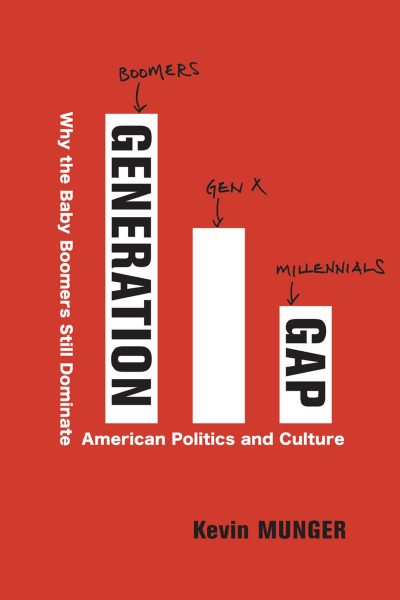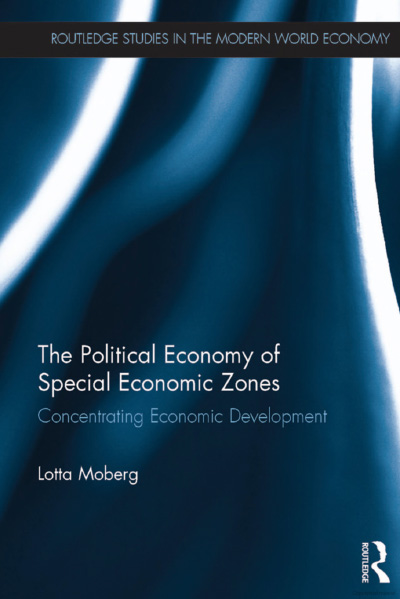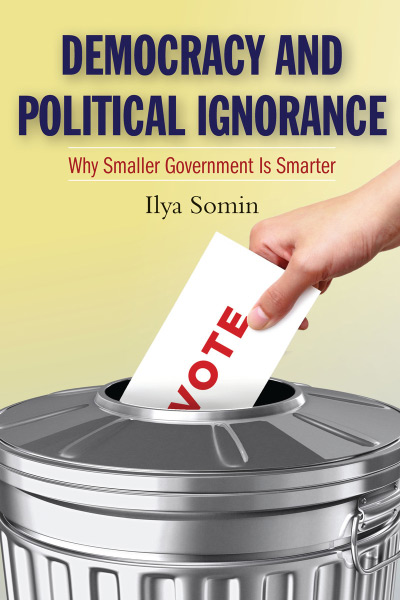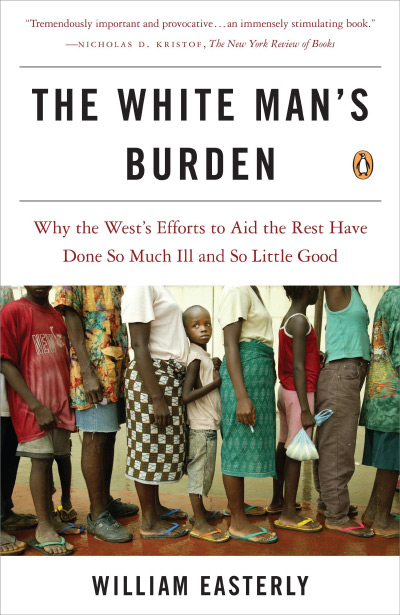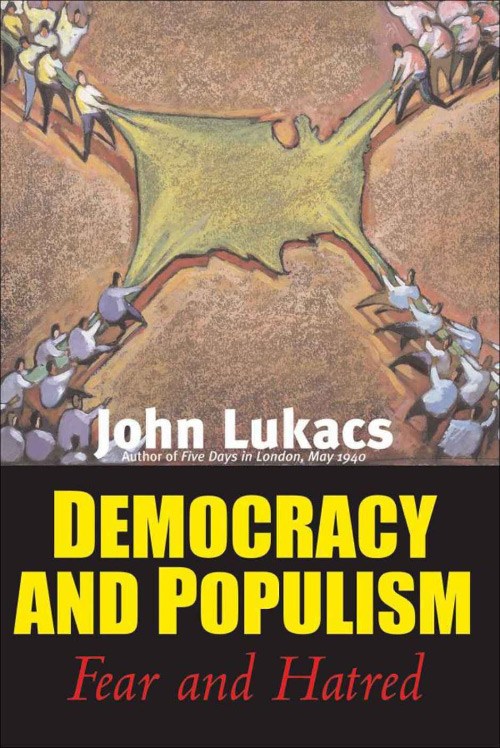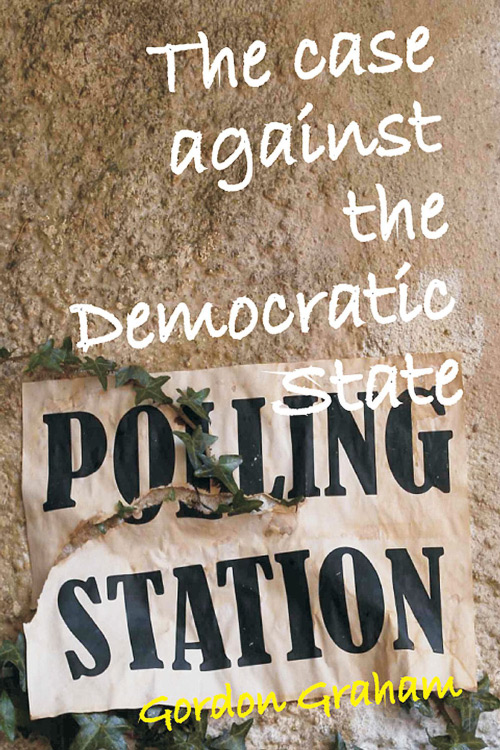Since the early nineteenth century, Hegelians of the left and the right have accused classical liberals and libertarians of advocating “abstract” and “ahistorical” conceptions of liberty, rights, and capitalism. We are assured, however, that if only liberals’ and libertarians’ thinking were more “dialectical”—if only they would look at liberty, rights, and capitalism as dynamic elements of a larger social whole—then they would see the wisdom of the paternalistic state and of the regulation (if not outright abolition) of the market economy.
Chris Matthew Sciabarra’s Total Freedom is a splendid and ambitious defense of an original and surprising thesis: that a dialectical libertarianism is not a contradiction in terms. Sciabarra argues that libertarians too can think dialectically while still remaining libertarians.
Total Freedom comprises nine chapters that fall into two parts: “Dialectics: History and Meaning” (chapters 1–4) and “Libertarian Crossroads: The Case of Murray Rothbard” (chapters 5–9).
I recommend that after reading the introduction, one begin with chapter 4, “Defining Dialectics,” which provides the necessary context for making sense of the first three chapters. Sciabarra treats dialectic as a methodological category and defines it in contradistinction to two pairs of rival methodological orientations: strict atomism versus strict organicism and dualism versus monism. He also defines dialectic as a “dynamic” and “historical” method, as opposed to a static and ahistorical one.
Methodological atomism abstracts phenomena from their contexts and examines them in isolation. Although this process is necessary because every inquiry has to start somewhere, one must ultimately go beyond it to understand phenomena in their larger context. Thus, Sciabarra describes dialectic as an art of keeping things in context. Contextualism can, however, go too far and become strict organicism, which claims that the only way to understand anything is to see it as part of the cosmic whole, understood as an organically integrated system. This method, however, presupposes an impossible synoptic view of the whole, which in turn presupposes an impossible Archimedean standpoint outside it. The dialectical social scientist, by contrast, never forgets that we are inside the social world and that we can never have more than a partial grasp of it.
Both monism and dialectic recognize that despite the amazing diversity of phenomena, the whole is unified. The monist, however, sacrifices diversity to unity through reductionism, which holds that—appearances to the contrary notwithstanding—all the different kinds of beings are ultimately “nothing but” a single privileged kind, whether it be the water of Thales, the numbers of Pythagoras, or the atoms and void of the materialists. Dialectic, by contrast, refuses to reduce the plurality of different phenomena to a unity. Dialectic shares this respect for difference with dualism, but dualists draw distinctions so sharply that they lose the unity of the whole. Dialectic maintains the unity of the whole by seeing different phenomena as different, but also as internally related and reciprocally interactive.
Chapter 1, “Aristotle: The Fountainhead,” treats the origins of dialectic. Aristotle was not the first dialectical thinker. That honor falls to the Socrates of Plato’s dialogues. Sciabarra, however, rejects Platonic dialectic because it seeks to liberate reason from the bondage of the senses in search of an essentially mystical insight, a synoptic vision of the supersensible realm of intelligible beings. Aristotle, by contrast, confines dialectical inquiry to the investigation of the natural order and keeps it closer to sensory experience. He is, therefore, the fountainhead of Sciabarra’s preferred form of dialectic.
Chapter 2, “From Aristotle to Hegel,” begins by dismissing the antiempirical dogmatism of the Scholastic appropriation of Aristotle. Then Sciabarra turns briefly to Kant, whose transcendental dialectic in the Critique of Pure Reason influenced Hegel decisively. Kant is criticized for his undialectical adherence to the central dualism of phenomena and noumena. The rest of the chapter deals with Hegelian dialectic, which Sciabarra praises for its antidualism, dynamism, and holism, but criticizes for its historicized version of Plato’s synoptic vision: the philosopher’s retrospective account of history from the absolute moment at history’s end.
In chapter 3, “After Hegel,” Sciabarra first treats Marx’s dialectic, which he praises and criticizes for the same reasons. Then he deals briefly with accounts of dialectic offered by idealists such as Brand Blanshard and Errol E. Harris, Chicago school dialecticians such as Richard McKeon and Mortimer Adler, and the hermeneutician Hans-Georg Gadamer. He also discusses dialectical tendencies in the classical liberal social theories of Herbert Spencer and Carl Menger. The chapter ends with a survey of the dialectical elements of the libertarianism of Ludwig von Mises, Friedrich A. Hayek, and Ayn Rand.
At this point, the reader might find it helpful to skip to chapter 9, “The Dialectical Libertarian Turn,” part of which overlaps with chapter 3 and the rest of which follows logically and chronologically from it. Here Sciabarra surveys the dialectical tendencies of such Rand-inspired neo-Aristotelians as Tibor Machan, Douglas Rasmussen, and Douglas Den Uyl; such “dialogical” libertarians as G. B. Madison, Hans-Hermann Hoppe, Don Lavoie, Steven Horwitz, and Peter Boettke; and such Austrian economists as Gerald O’Driscoll and Mario Rizzo, as well as Lavoie and Boettke. Finally, Sciabarra offers another brief account of Ayn Rand.
I have two complaints about the chapters I have summarized so far. First, as indicated, I have reservations about their organization. Second, Sciabarra’s survey of dialectic is too abstract. He does not include a single example of a dialectical argument, nor does he give examples of how the same topic might be treated in dialectical and nondialectical manners. Particularly desirable would be a detailed presentation of the actual Hegelian and Marxist critiques of classical liberalism, along with a discussion of exactly how the dialectical sensibilities of Rand, Hayek, and others constitute a response. Now, someone might defend Sciabarra by saying that he is dealing with the method, not the content, of dialectical social theory. Nevertheless, one cannot understand the method without seeing it applied to some determinate content—not to mention the fact that Hegel rejects a strict distinction between method and content as undialectical.
The remaining four chapters of Total Freedom are devoted to an exposition and critique of the thought of Murray Rothbard. These chapters contain detailed expositions of Rothbard’s arguments. However, Rothbard’s arguments are not dialectical, nor do they deal with the dialectical critiques of classical liberalism. Sciabarra does, however, subject Rothbard’s arguments to dialectical criticism, and these critiques are frequently instructive.
Chapter 5, “Foundations,” surveys Rothbard’s life and influence, and discusses his basic philosophical principles, his axiomatic-deductive method, his use of abstract “Crusoe” models for social philosophy, and such foundational oppositions as personal versus political, voluntary versus coercive, and contractual versus hegemonic. Chapter 6, “The Market versus the State,” explores the central distinction of Rothbard’s thought. Rothbard’s anarchism depends on his ability to offer an account of the market as an entirely self-organizing phenomenon. There are no public goods that only the state can produce. The market does not need the state to exist. The state, however, is parasitic on the market. The state can only damage the market, not improve it. Chapter 7, “Class Dynamics and Structural Crisis,” is my favorite chapter of the book. Here Sciabarra lays out the Austrian account of exactly how economic interventionism benefits some people at the expense of others and leads to economic crises. Chapter 8, “On the Precipice of Utopia,” deals with Rothbard’s political thought: his anarchocapitalism, his theory of political change, and his culturally conservative “paleolibertarian” turn late in life.
The main dialectical objection to anarchocapitalism is that the market is not a self-generating and self-sustaining whole in itself, but part of a larger whole. When the first two people came together for an economic transaction, they presupposed the existence of a shared social context in terms of which their actions were intelligible and without which their transaction would have been impossible. This shared context functioned as an external precondition for the market to arise. This context is not always the product of the state; in primitive societies, it takes the form of a common culture. But without some common context—cultural or political—the market cannot function. Rothbard’s realization of this truth motivated his conservative turn. Sciabarra applauds Rothbard’s dialectical sensibility, but he expresses grave reservations about whether adding cultural conservatism to libertarianism will yield less liberty not more.
Total Freedom is obligatory reading for libertarian philosophers and social scientists who are concerned with methodological issues. Sciabarra is an original thinker and an impressively accomplished scholar. In particular, the chapters on Rothbard are the most thoroughly researched, probing, and intelligent treatment of Rothbard’s thought ever written. They are the most successful part of Total Freedom and might easily stand on their own. Indeed, Total Freedom is a very good book, but it might have been two great ones: a book on the method and content of dialectical social theory and a book on Murray Rothbard. If these two projects had been separated and given room to breathe and grow, both would have become well-rounded wholes. Joined together, however, they make Total Freedom less than the sum of its parts.




